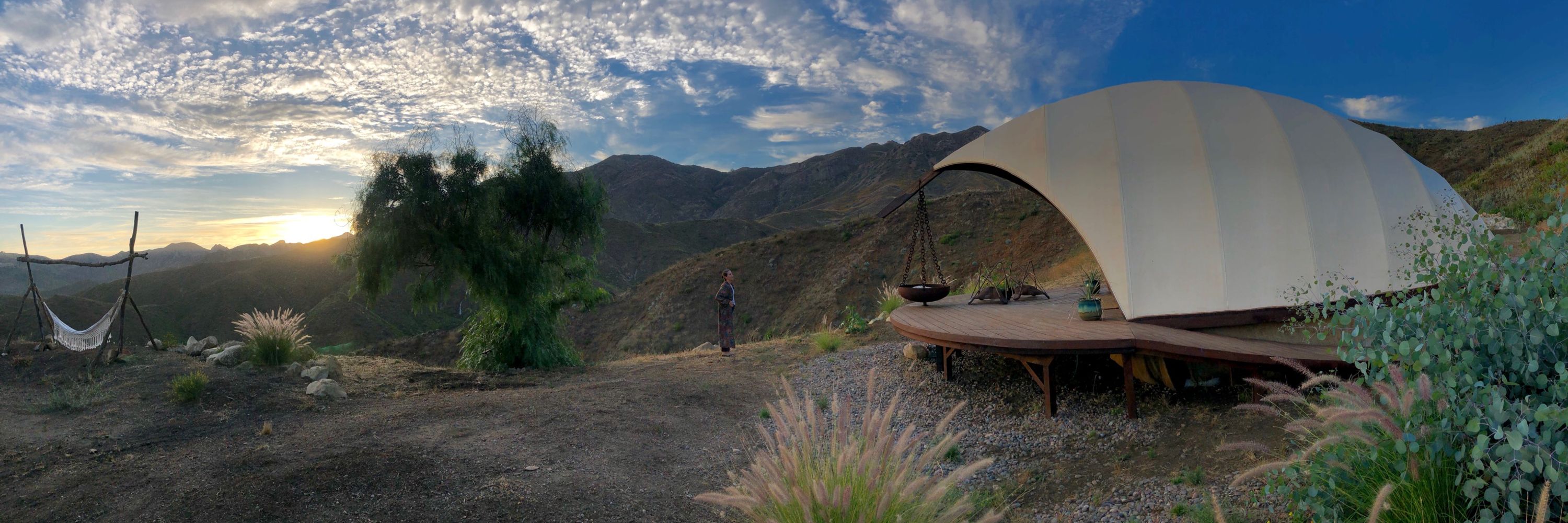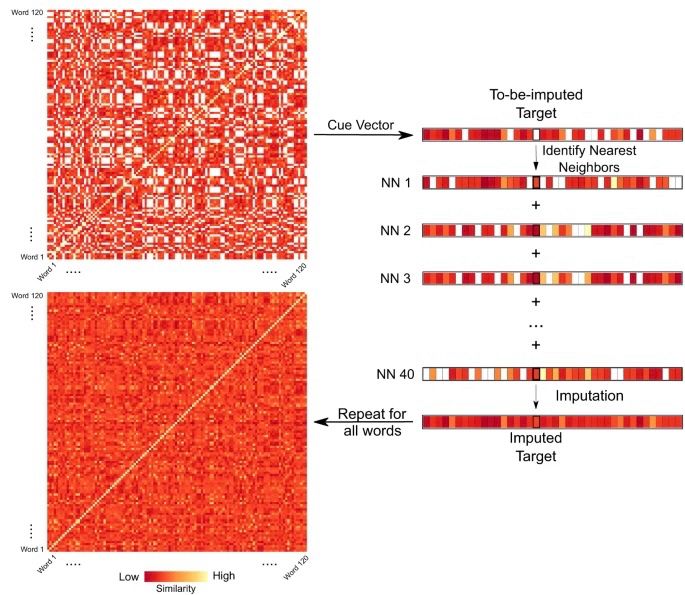
Explorer of memories old and new.
fMRI / tDCS / Virtual Reality / Behavior
rissmanlab.psych.ucla.edu




The scope is broad, but includes methodologists working with brain data (fMRI, EEG, cellular neurophysiology/imaging).
recruit.apo.ucla.edu/JPF09885

The scope is broad, but includes methodologists working with brain data (fMRI, EEG, cellular neurophysiology/imaging).
recruit.apo.ucla.edu/JPF09885









www.nature.com/articles/s41...

www.nature.com/articles/s41...



